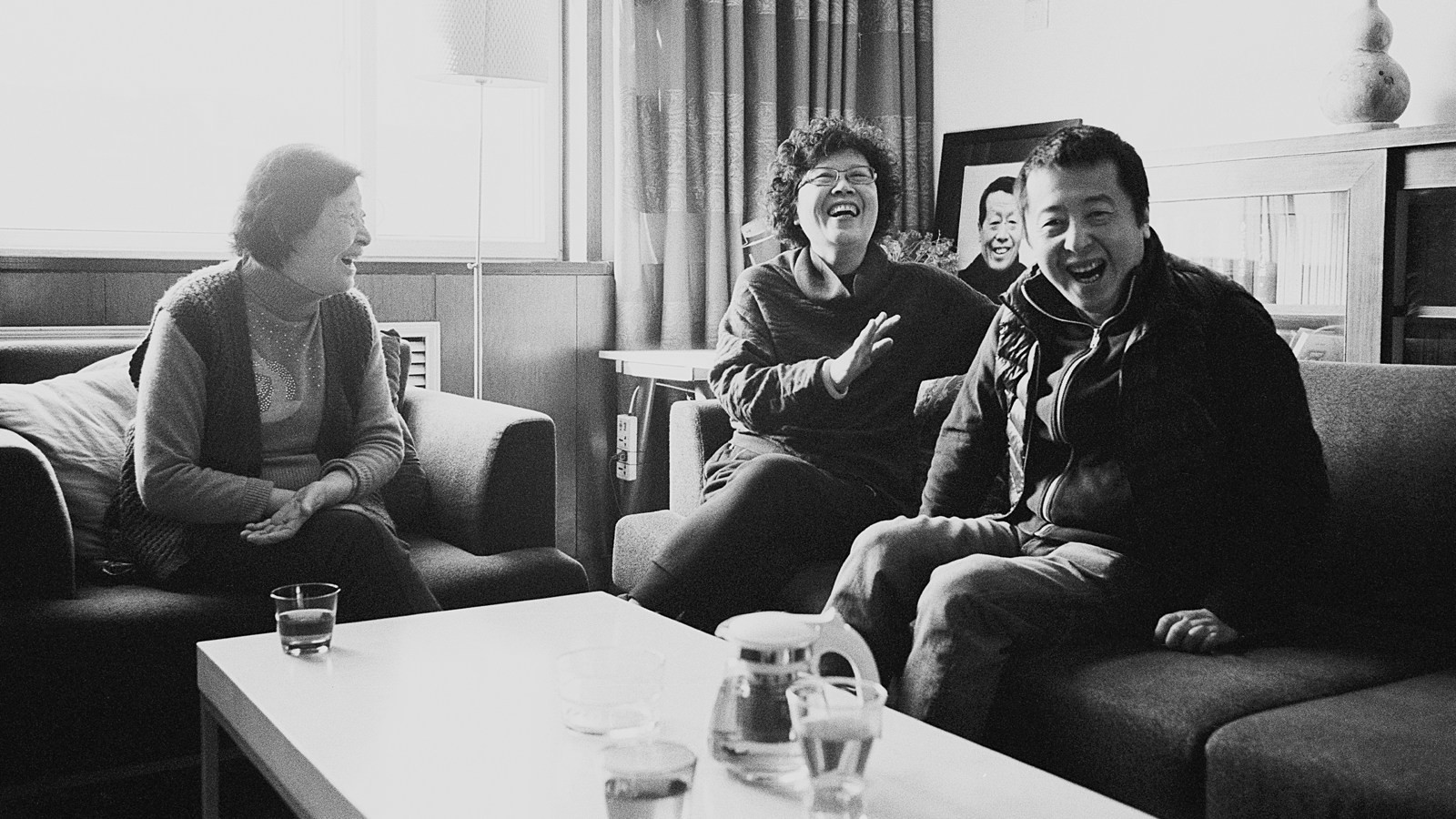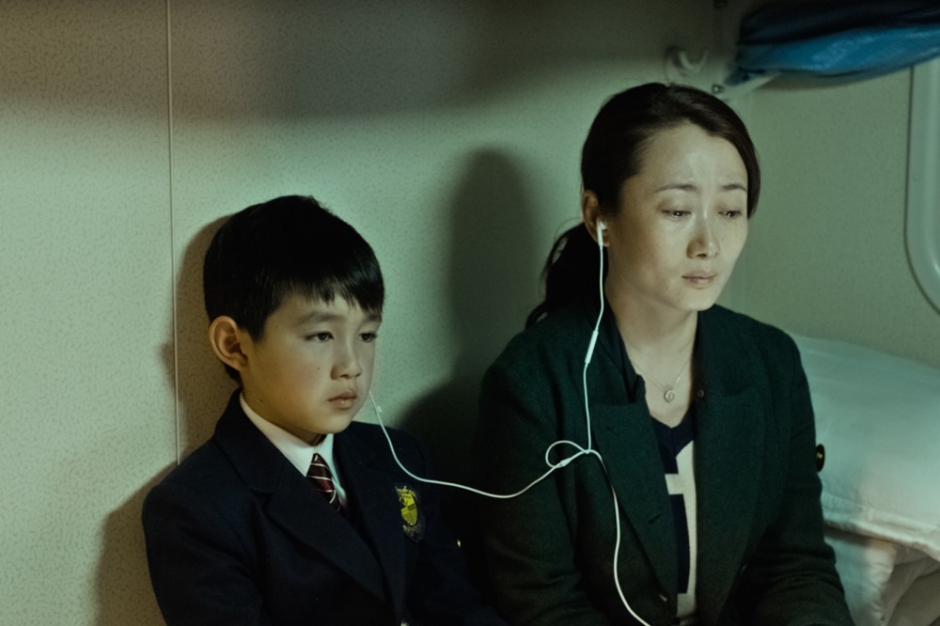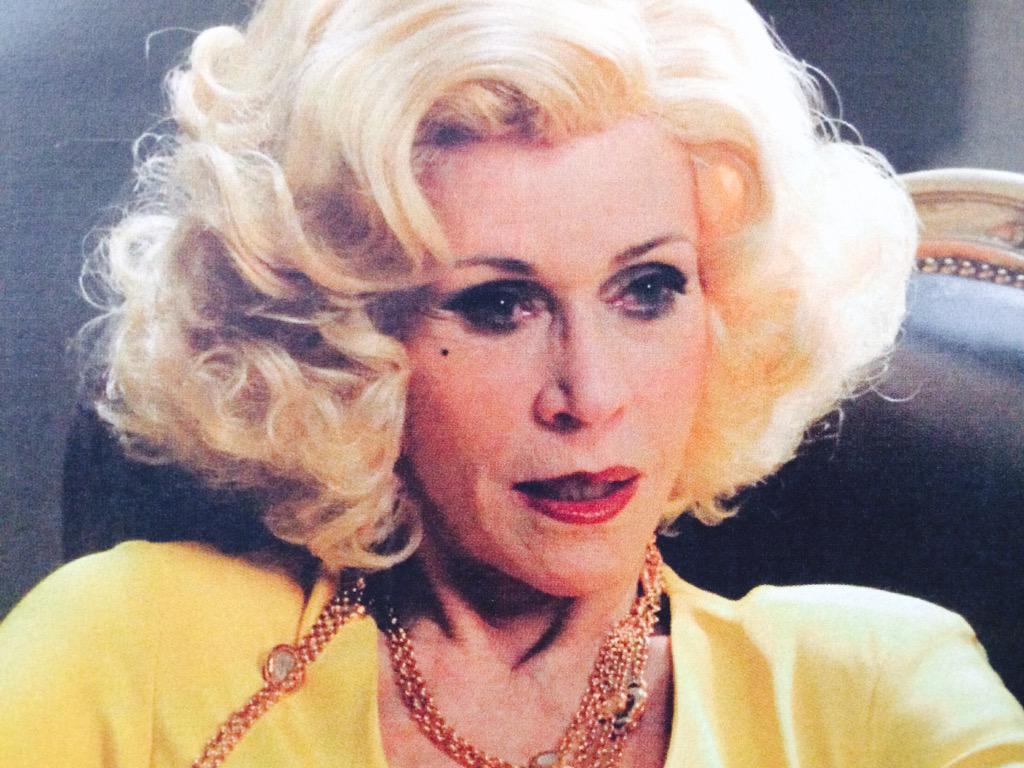 The Chinese industrial revolution has been very good for a lot of people. It just so happens that many of them are not the laborers and villagers that personified the nation of one billion people for centuries. It’s perhaps ironic that this capitalist boom has been so good for the nation’s filmmakers – political upheaval being a common factor in many a nation’s cinematic resurgence – and the dichotomy between rich and poor has allowed filmmakers like Black Coal, Thin Ice’s Diao Yi’nan to prosper and foster global recognition. It’s this same reason than Jia Zhangke has risen to the stature that he has, frequently hailed as China’s greatest filmmaker, or certainly on his way to being so, after little more than a decade of festival and arthouse prominence.
The Chinese industrial revolution has been very good for a lot of people. It just so happens that many of them are not the laborers and villagers that personified the nation of one billion people for centuries. It’s perhaps ironic that this capitalist boom has been so good for the nation’s filmmakers – political upheaval being a common factor in many a nation’s cinematic resurgence – and the dichotomy between rich and poor has allowed filmmakers like Black Coal, Thin Ice’s Diao Yi’nan to prosper and foster global recognition. It’s this same reason than Jia Zhangke has risen to the stature that he has, frequently hailed as China’s greatest filmmaker, or certainly on his way to being so, after little more than a decade of festival and arthouse prominence.
The works of Jia Zhangke linger over the proceedings of the Berlin Golden Bear winner Black Coal, Thin Ice. That director’s ability to wrap engaging stories of human loneliness, loss and heartbreak in evocative political contexts and the themes of his home country is what has made him a mainstay on the festival circuit. When reviewing Jia’s last film, the exceptional A Touch of Sin, from the New York Film Festival I called him the “pre-eminent cinematic purveyor of modern day China”, and the noir-inspired anger that permeated that film is there again in Diao Yi’nan’s Black Coal, Thin Ice.
This film, shorter and likely more accessible than Zhangke’s most high profile titles, is imbued with a wicked sense of humor that allows its more dark and gruesome elements to never suffocate the viewer. While the murder investigation that kicks off immediately over the opening credits eventually leads to grotesque discoveries of body parts and personal revelations as well as an act one blood bath shootout in a hair salon, it’s actually much less dour and gruesome as one may expect. That sly humor continues throughout right up to the final sequence, a final sequence that will likely go down as the best film ending of the year with its swirl of fireworks (the film’s original title, Bai ri yan huo, translates as “daylight fireworks”) and comical firemen playing over the climax of a crime story.

The plot of Black Coal, Thin Ice is standard film-noir: there is a body, a boozing detective (Liao Fan), a femme fatale (Gwen Lun-Mei, whose working class looks will temporarily make you forget that in the 1930s she’d be played by someone in the Barbara Stanwyck school of dangerous beauties), a secret, a double-cross, and all sorts of other nastiness. Bathed in gorgeous greys and neon, this is a stunningly attractive movie with several sequences that made my eyes pop in particularly a transition from 1999 to 2004 in an underpass and a snow-covered freeway is novel and beautiful. Cinematographer Dong Jinsong’s work actually reminded me of Bruno Delbonnel’s work on Inside Llewyn Davis and Roger Deakins’ work on Fargo in the way he manipulates the snowy landscapes into a series of dark, yet beautiful tableaus.
Whatever it was that the Chinese censors saw (or, more aptly, didn’t see) in Black Coal, Thin Ice that allowed it the cinema release that Jia Zhangke wasn’t afforded with A Touch of Sin, I’m glad Chinese audiences have been able to watch yet another fine example of their ace film industry. It almost feels like a coup for the Tribeca Film Festival to get the chance to screen Diao’s film so soon after its double win at the Berlinale (it also won Best Actor for Liao) and audiences would be mad to not seek it out. And while you’re at it, make a bleak, but beautiful double feature with A Touch of Sin. They’re two peas in a pod with their mounting tension, impressive use of music and textural imagery to create mood, and refreshingly exciting looks at a modern day China.
 Thursday, September 27, 2018 at 1:20PM
Thursday, September 27, 2018 at 1:20PM 









